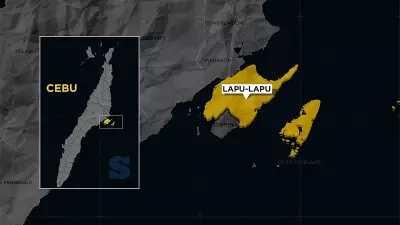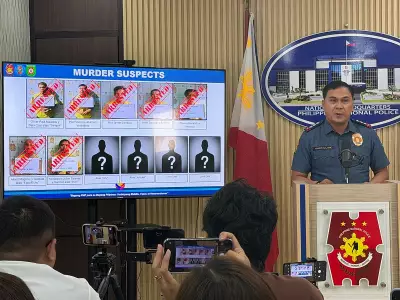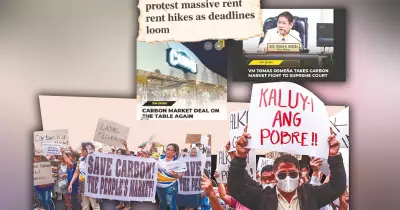
A former high-ranking official from the Department of Public Works and Highways (DPWH) is facing serious legal consequences as the Office of the Ombudsman has recommended the filing of charges against him for violating the Anti-Graft and Corrupt Practices Act.
The Corruption Allegations
The case centers around allegations that the former DPWH official received approximately P2.5 million in exchange for favoring a particular contractor in a road concreting project. The controversial project involved the construction of a 1.3-kilometer road in Barangay Cogon, Sibonga, Cebu, with a total contract price of P24.9 million.
Key Players in the Scandal
Also implicated in the case is a former barangay captain from Cogon, who allegedly acted as an intermediary in the corrupt transaction. According to investigators, the barangay official facilitated the illegal payment to the DPWH official, creating a clear chain of corruption that compromised the integrity of the public works project.
Legal Proceedings and Evidence
The Office of the Ombudsman found substantial evidence to support the charges after a thorough investigation. The case has been forwarded to the Sandiganbayan, the special court handling corruption cases involving public officials in the Philippines.
Key evidence in the case includes:
- Documentation of the P2.5 million payment
- Project records showing preferential treatment
- Witness testimonies detailing the corrupt arrangement
- Contract documents for the P24.9 million road project
Broader Implications
This case highlights the ongoing challenges in combating corruption within government infrastructure projects. The DPWH, being one of the largest government agencies with substantial budgets for public works, has frequently been at the center of corruption allegations.
The filing of ICI (Informations) charges represents a significant step in holding public officials accountable for their actions. If convicted, the former officials could face severe penalties, including imprisonment and perpetual disqualification from public office.
This development comes amid continued efforts by the current administration to address corruption in government agencies, particularly those handling large public funds and infrastructure projects.





